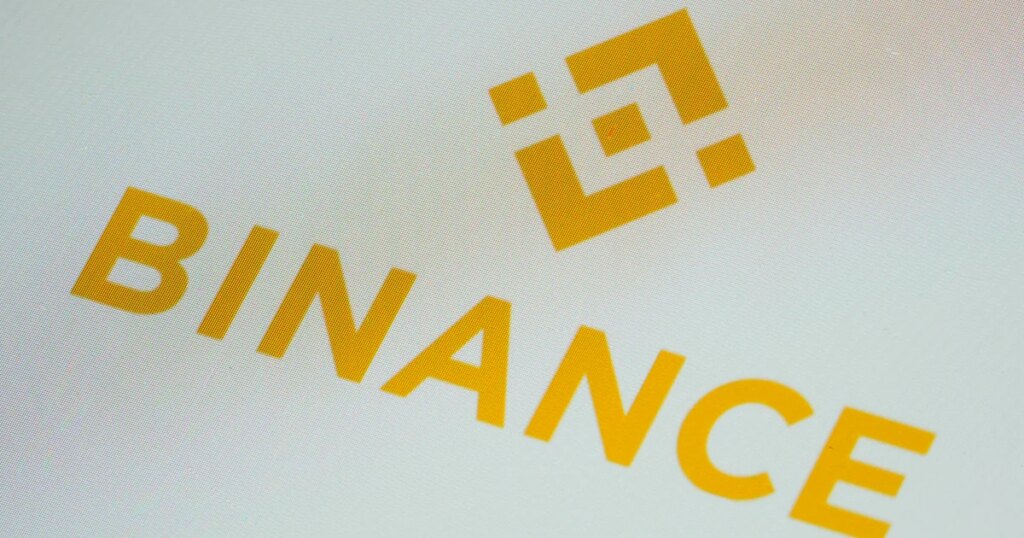In a significant development, former President Donald Trump has granted a pardon to Changpeng Zhao, the billionaire founder of cryptocurrency exchange Binance, who had pleaded guilty to a charge related to money laundering. The pardon has been justified by Trump as a remedy against what he describes as the Biden administration’s political persecution of Zhao during its crackdown on the cryptocurrency sector. This decision has ignited discussions on the intersection of politics and emerging technologies, especially in an industry facing increasing scrutiny and regulation.
| Article Subheadings |
|---|
| 1) Overview of the Pardon |
| 2) Background on Zhao and Binance |
| 3) Reaction from Trump and His Administration |
| 4) Implications for the Cryptocurrency Industry |
| 5) Future of Cryptocurrency Regulation |
Overview of the Pardon
The pardon granted by former President Trump to Changpeng Zhao marks a critical intersection of politics and the cryptocurrency sector. Zhao faced considerable legal challenges stemming from his leadership at Binance, which ensued after he pleaded guilty to a money laundering-related charge in November 2023. This development came as part of a multi-billion-dollar settlement reached between Binance and the Biden-era Justice Department. Trump justified his pardon by labeling the prosecution as a politically motivated attack aimed at stifling innovation and growth within the cryptocurrency industry.
Background on Zhao and Binance
Changpeng Zhao, a Canadian entrepreneur of Chinese descent, founded Binance in 2017, quickly escalating it to one of the largest cryptocurrency exchanges globally. Under his leadership, Binance became a significant player in the burgeoning field of digital currencies, attracting billions in investments. Despite his successes, Zhao’s tenure has been marred by allegations and legal controversies surrounding the regulatory framework of cryptocurrencies in the United States. After coming to a plea agreement in late 2023, Zhao was sentenced to four months in prison, subsequently marking a turbulent period for both him and the company.
Reaction from Trump and His Administration
The decision to pardon Zhao has prompted comments from Trump’s administration, indicating a clear stance against what they perceive as overreach by the Biden administration regarding cryptocurrency regulations. White House Press Secretary Karoline Leavitt remarked on Trump’s constitutional authority to grant the pardon, claiming Zhao was victimized by an unjust legal environment. “In their desire to punish the cryptocurrency industry, the Biden administration pursued Mr. Zhao despite no allegations of fraud or identifiable victims,” Leavitt stated. Trump also expressed that many people believe Zhao did not commit a crime and that the prosecution was unwarranted.
Implications for the Cryptocurrency Industry
The pardon has significant implications for the cryptocurrency market, prompting renewed debate on regulatory practices and future enforcement actions against similar businesses. The encroachment of governmental oversight has already stirred considerable unrest within the crypto community, and Trump’s intervention may serve to bolster the argument for less restrictive regulations. Proponents laud the pardon as a step toward restoring confidence in cryptocurrency ventures as legitimate financial instruments. However, skeptics point to the ongoing need for regulatory frameworks to protect civilian investors and uphold market integrity.
Future of Cryptocurrency Regulation
As cryptocurrency continues to grow in popularity and adoption, the future of its regulation remains uncertain. Advocates for the industry argue that a balanced approach is essential, where innovation is neither stifled by overbearing policies nor allowed to run rampant without accountability. Zhao’s pardon adds an intriguing dimension to this discourse, signaling potential shifts in political perspectives regarding cryptocurrency. Stakeholders in the industry will likely keep a close eye on regulatory developments that may arise following this political intervention.
| No. | Key Points |
|---|---|
| 1 | Trump has pardoned Changpeng Zhao, the founder of Binance, amidst political claims against the Biden administration. |
| 2 | Zhao pleaded guilty in 2023 to charges related to money laundering as part of a settlement with the Justice Department. |
| 3 | The White House defended the pardon, suggesting the prosecution was politically motivated. |
| 4 | The decision has profound implications for regulatory scrutiny over the cryptocurrency industry as it navigates the legal landscape. |
| 5 | Zhao’s case highlights a larger conversation about the future of cryptocurrency regulation and innovation in the financial sector. |
Summary
The pardon of Changpeng Zhao by former President Trump serves as a notable pivot point for both the individual involved and the broader cryptocurrency landscape. Labeling the previous administration’s actions as a politically motivated attack, this decision has sparked widespread debate about the future of cryptocurrency regulation in the United States. As advancements in technology continue to challenge existing norms, the outcomes of such political decisions may carve new paths for innovation in the financial sector.
Frequently Asked Questions
Question: Who is Changpeng Zhao?
Changpeng Zhao, widely known as CZ, is the Canadian-Chinese founder of Binance, one of the largest cryptocurrency exchanges in the world.
Question: Why was Zhao pardoned by Trump?
Zhao was pardoned by Trump as part of what the former president described as a response to political prosecution aimed at stifling the cryptocurrency industry under the Biden administration.
Question: What are the potential implications of Zhao’s pardon for the cryptocurrency industry?
Zhao’s pardon may trigger shifts in regulatory frameworks, influence governmental oversight, and restore confidence among investors in the cryptocurrency sector.
